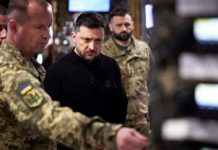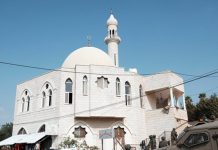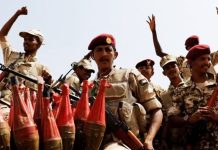
One month ago, fighting broke out in Sudan. For some observers, it was not a surprise, given the tension that had built up over the preceding weeks as the country’s two biggest armed groups, the Sudanese Armed Forces (SAF) and the paramilitary Rapid Support Forces (RSF), wrangled for power.
The quiet on Saturday, April 15 was shattered by the sounds of artillery as residents of the capital Khartoum stood frozen in their living rooms, unsure whether the shooting would stop or even what they were actually hearing.
“Then the messages started: attacks, clashes, gunfire,” Dallia Abdelmoneim wrote for Al Jazeera in her account of fleeing Khartoum with her family, which subsequently split up among four or more destinations as they scattered from Port Sudan.
That same day, people reported fighter planes roaring overhead as the army began aerial attacks, ostensibly to rout RSF forces that had their camps in the midst of residential neighbourhoods. The death toll began to climb.
The world’s attention turned to Sudan as the fighting continued in Khartoum and other cities, including Merowe, a northern city on the way to the Wadi Halfa border crossing with Egypt that has big gold mines and a military airport, as well as an important reservoir on the Nile River.
In an odd twist to the story, news emerged that there were Egyptian troops stationed at the Merowe airport and that they had been captured by the RSF, which quickly said that it would be releasing them.
Source: Aljazeera.com








